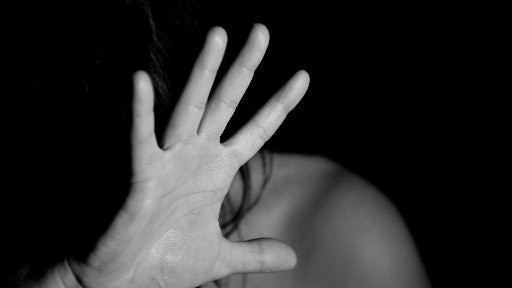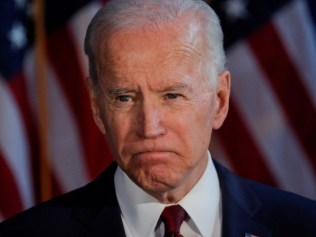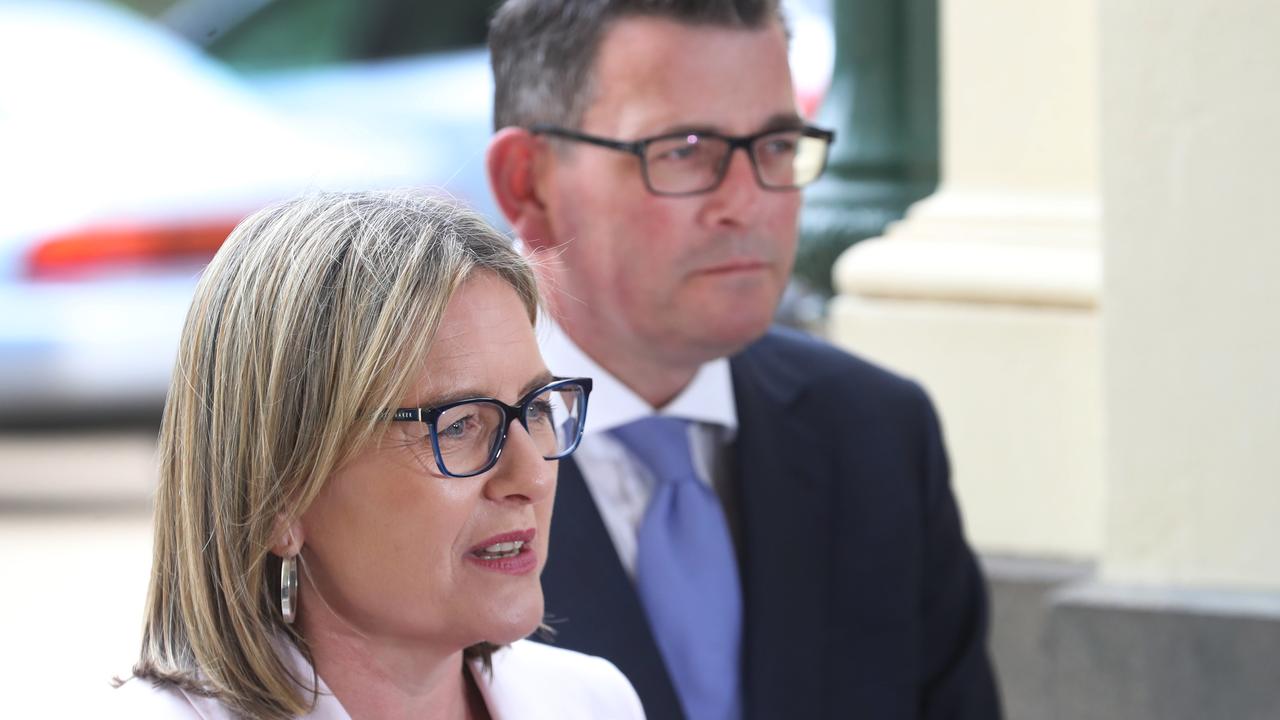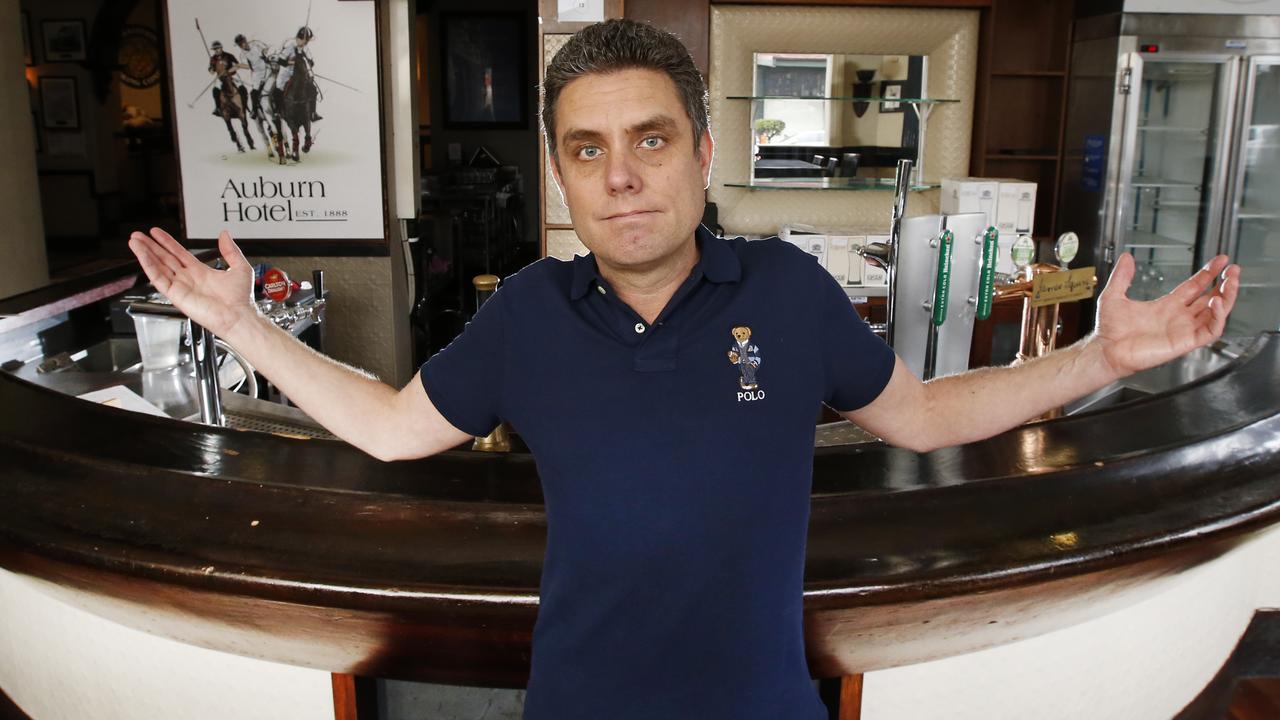Rita Panahi: Not all domestic violence victims equal in eyes of Diversity Council
Diversity Council accused of pushing “ideological fantasy” and being “complicit” in violence against indigenous women.

Rita Panahi
Don't miss out on the headlines from Rita Panahi. Followed categories will be added to My News.
The most shameful fact about modern Australia is the staggering rates of abuse and neglect suffered by Indigenous women and children. It’s an issue that receives a fraction of the coverage it deserves and those who do speak up often face a barrage of ugly attacks from the activist class and their media enablers. The fact that indigenous women are 35 times more likely to be hospitalised due to domestic violence than other Australian women should be the focus of intensive coverage and attention from bodies charged with eliminating violence against women.
How can a nation that has devoted record amounts of funding to combat domestic violence have segments of the community suffering epidemic levels of abuse? And, yet you’ll hear more about frivolous nonsense from activists such as changing the anthem, the flag and the national holiday than about an issue that is literally a matter of life and death.

Just as bad as ignoring the issue is the propensity of the Left’s activist class to excuse the violence and blame everyone except the violent perpetrators. That’s precisely what the Diversity Council Australia did this week when it posted the following quote on its official Twitter account: “Statistics show that First Nations women experience higher rates of #familyviolence than other women but this is a complex issue stemmed from issues of colonialisation, trauma from displacement and legacy of inter-generational trauma.”
So, there you have it. The Diversity Council approvingly quotes an Indigenous advocate who appears to blame “colonialisation” and “intergenerational trauma” for the violence visited upon vulnerable women and children. Forget about the plight of the victims or holding their tormentors to account, forget about reiterating the message that violence against women is an evil that should never be tolerated, it’s apparently the fault of the “colonisers” that so many in the Aboriginal community suffer shocking violence at the hands of intimate partners or family members. It seems in the eyes of “progressives” some victims are more equal than others.
Indigenous women aren’t afforded the same sympathy as other victims and when the astronomical rates of abuse in that community are mentioned they are rationalised with inane explanations about the trauma of white settlement, as if there was no violence against Indigenous women before the First Fleet arrived.
Rather than focus on alcohol or substance abuse, socio-economic and cultural issues the focus is on political point scoring.
Instead of holding accountable those engaging in brutal acts of cruelty, the blame is directed towards previous generations of “colonisers’’.
Understandably, the Diversity Council’s claim was met by fury from some members of the Indigenous community who have seen the harsh reality facing at-risk women and children.
Alice Springs Deputy Mayor and anti-family violence campaigner Jacinta Nampijinpa Price labelled the statement from the Diversity Council as “ideological fantasy” showing no understanding of “how culture contributes to these rates (of violence)”.
“Thanks Diversity Council for insulting Aboriginal women victims of abuse by continuing to peddle ideological fantasy as opposed to fact. Doing their part to keep the victims silenced and the perpetrators victimised,” she wrote. “As long as you continue to ignore these truths nothing will change and the voiceless continue to be ignored. Shame!”
Indigenous academic Dr Anthony Dillon told the Herald Sun he was sick of “colonisation” being blamed for the problems facing Aboriginal people in 2020.
“The term ‘complex issue’ is often a euphemism for ‘the true reasons are inconvenient’ or ‘I don’t like the facts’,” Dr Dillon said. “Would anyone like to say to an Aboriginal woman whose ‘man’ has knocked her front teeth out, ‘It’s okay, it’s not his fault, transgenerational trauma made him do it?’”.
Indigenous artist Bindi Cole Chocka responded to the Diversity Council on Twitter: “Such rubbish. You are contributing to and enabling a culture of silence and blame that allows the perpetrators of violence to take no responsibility for their actions. You are now complicit in actual violence,” she wrote. These are the brave voices willing to speak out for victims who are often attacked for stating uncomfortable truths.
The Diversity Council should be ashamed of its stance but then again this is the same body that lectured Australians about the evils of using the word “guys” and charges organisations, including many taxpayer-funded state and federal department and agencies, upwards of $1800 per hour to teach them about “the power of words’’.
They should school themselves about the danger of minimising and rationalising violence against Indigenous women.
IN SHORT
The ABC has copped criticism for lacking diversity after revealing its 2021 line-up featuring all-white faces hosting its highest profile programs. Previous employees and former Race Discrimination Commissioner Tim Soutphommasane were among those to decry the lack of cultural diversity but what about the complete lack of ideological diversity? Not a single conservative among their ranks.
RITA PANAHI IS A HERALD SUN COLUMNIST





